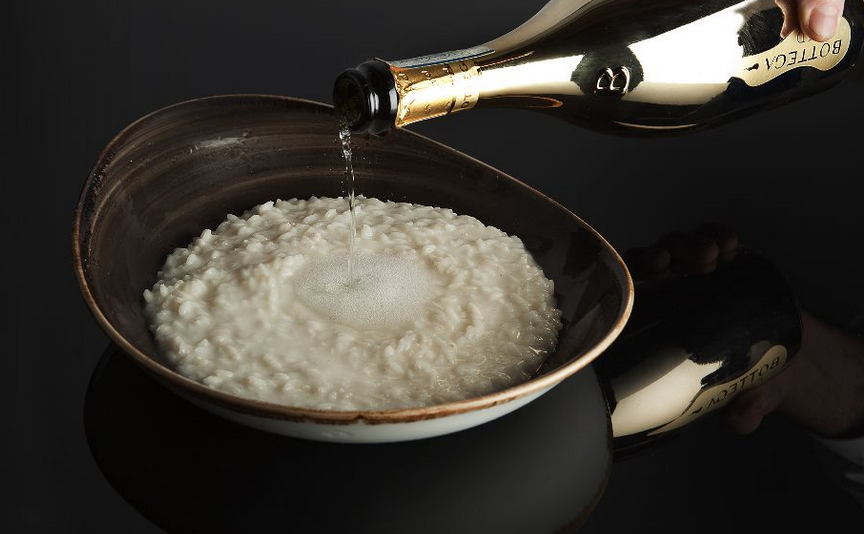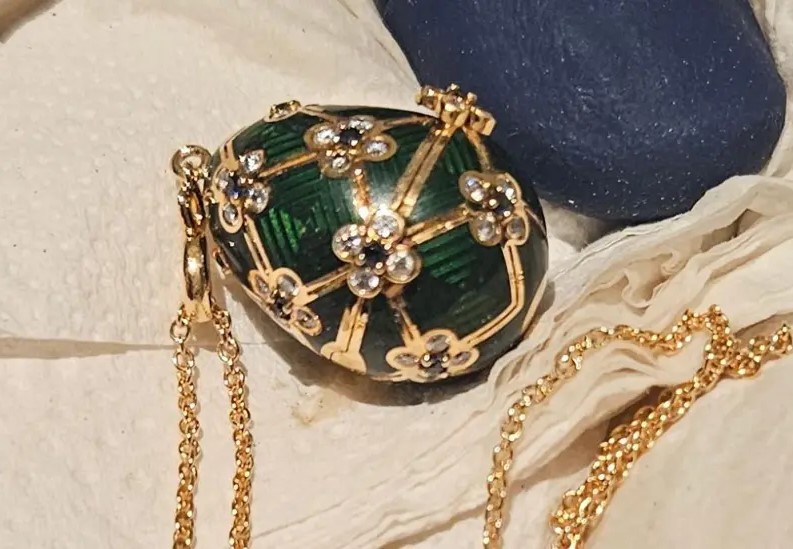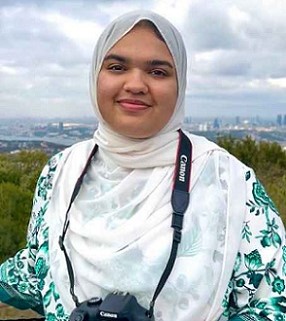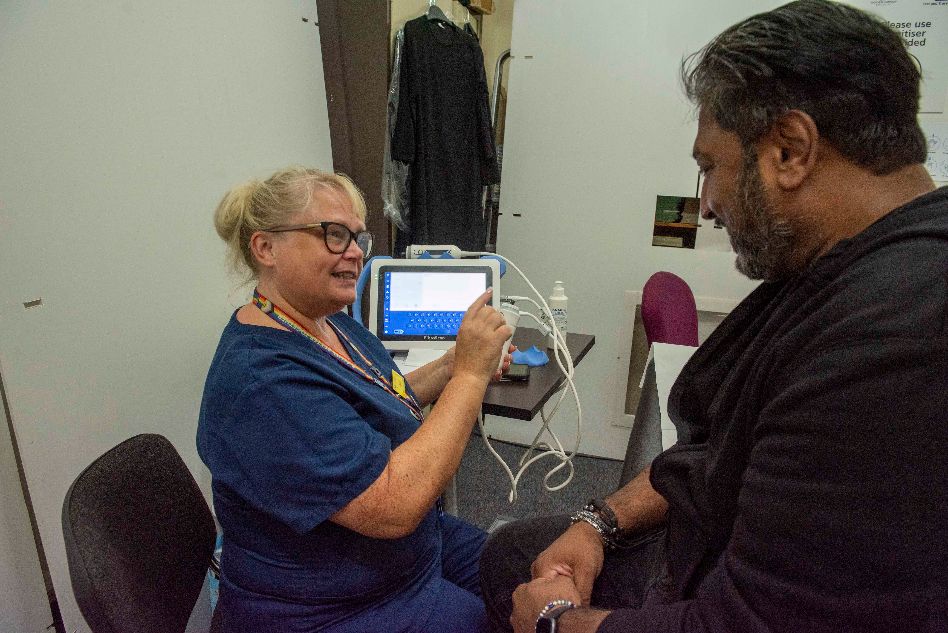On February 16, Governor Ige declared 2018 as “Ke Au Hawaii: the Year of the Hawaiian” in honor of the history, traditions, language and culture of the Hawaiian people.
The timing for the governor’s proclamation was especially appropriate given that 2018 marks the 40th anniversary of the Hawaiian language immersion programs that saved the Hawaiian language from near extinction. It also marks the 25th anniversary of the formal apology from Congress and the president of the United States to the Hawaiian people, for America’s role in the overthrow of the Hawaiian Kingdom on January 17, 1893. Notably it also marks the 100th anniversary of the first Hawaiian Civic Club founded by Prince Jonah Kuhio Kalanianaole.
February is recognized annually as Hawaiian Language Month. In tribute to the month’s significance, note that the Hawaiian cultural articles below have a link showing their translation in the Hawaiian language.
HTA is proudly committed to honoring and perpetuating the Hawaiian culture as we fulfill our mission to support Hawaii tourism. The Hawaiian culture is integrated into every element of our tourism marketing, both in elevating Hawaii’s brand and highlighting the enjoyment of experiencing our islands.
Led by Kalani Kaanaana, our director of Hawaiian cultural affairs, HTA is continually striving to more deeply ingrain knowledge about the Hawaiian culture into everything we do, while also honoring the importance of a culture and people that distinguish Hawaii from every other place in the world.
In addition to Kalani, we have three other staff members who speak the Hawaiian language and dedicate each workday to bringing a greater level of awareness about their native culture to people here in the islands and around the world.
HTA spends approximately $6-million annually on programs to honor, support and perpetuate the Hawaiian culture. HTA’s support is broad-based and extends statewide, ranging from the funding of events like the Merrie Monarch Festival and Kukulu Ola community-based nonprofit programs to aiding the Polynesian Voyaging Society with its educational outreach and sponsoring the admirable work performed by the Native Hawaiian Hospitality Association (NaHHA).
A Hawaiian culture resource provided by HTA that everyone can utilize is the Maemae tool kit, which can be downloaded for free from HTA’s website (www.HawaiiTourismAuthority.org). This is a foundational resource for accurately and sensitively presenting the Hawaiian culture and Hawaiian language.
All of this support is important and all of it makes a positive impact in how the Hawaiian culture is celebrated, respected and shared with people who embrace the spirit of these islands.
















